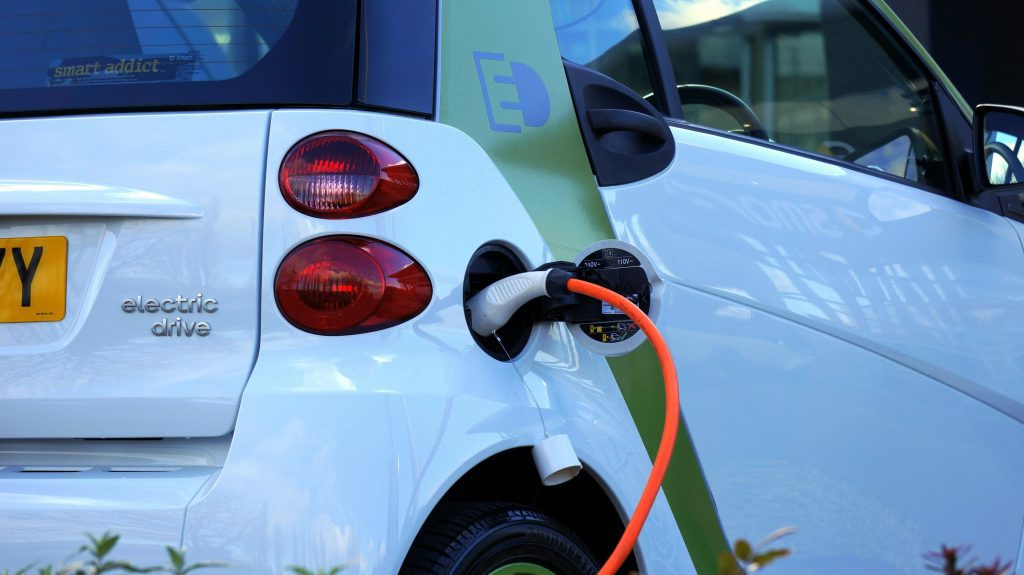If you’ve been wondering about EVs or maybe asking yourself why electric cars are better for the environment, you’re not alone.
With more people making the switch from traditional gas-guzzlers to sleek, silent electric vehicles (EVs), it’s natural to question whether they’re truly making a difference.
The answer? A resounding yes!
In this article, I’ll walk you through the 5 biggest environmental benefits of electric cars, breaking down why they’re not just trendy but genuinely transformative for our planet.
1. Reduction in Greenhouse Gas Emissions
One of the most significant reasons why electric cars are good for the environment lies in their ability to drastically reduce greenhouse gas emissions.
Traditional gasoline-powered cars are a major source of CO2 emissions, which contribute to global warming. EVs, on the other hand, produce zero tailpipe emissions.
Think about this: When you drive a gas car, every mile you travel emits harmful pollutants into the atmosphere. Over time, this accumulates, worsening air quality and speeding up climate change.
With an electric car, you’re effectively cutting down on your personal carbon footprint.
Now, you might ask, But aren’t there emissions from electricity generation?
True, but studies show that even when EVs are charged using electricity from fossil fuels, they still produce fewer emissions over their lifetime than gasoline cars.
And as renewable energy sources like wind and solar become more prominent, the environmental benefits of electric cars only increase.
For example, the U.S. Department of Energy confirms that EVs are significantly cleaner than gas cars, even when accounting for power plant emissions.
2. Cleaner Air and Improved Public Health
Ever been stuck in traffic behind a car spewing dark fumes from its exhaust? That’s a daily reality in many urban areas, where air pollution from cars contributes to respiratory diseases and other health problems.
Electric vehicles eliminate this issue because they don’t produce tailpipe emissions. This means:
- Fewer pollutants like nitrogen oxides and particulate matter in the air.
- Healthier cities with reduced risks of asthma, lung disease, and heart problems.
Take cities like Oslo, Norway, where electric cars dominate the streets. Air quality has significantly improved, proving that electric cars are better for the environment and public health.
For an in-depth comparison between EVs and petroleum or gas-powered cars, check out our latest article.
3. Decreased Dependence on Fossil Fuels
Another reason why electric cars are better for the environment? They reduce our reliance on fossil fuels. Traditional vehicles depend heavily on gasoline, which comes from oil—a non-renewable resource.
Extracting and refining oil is not only energy-intensive but also wreaks havoc on ecosystems.
Electric cars, however, run on electricity, which can be generated from a variety of sources, including renewable energy. Solar, wind, and hydropower are paving the way for a sustainable energy future.
Transitioning to EVs encourages investment in cleaner energy systems and moving away from the destructive cycle of fossil fuel consumption.
4. Energy Efficiency That Saves Resources
Did you know that electric cars are far more energy-efficient than traditional gasoline cars? While gas-powered vehicles lose a lot of energy to heat, electric vehicles convert a much higher percentage of energy from their batteries into motion.
Here’s a breakdown:
- Gasoline engines are only about 20-30% efficient, meaning most of the energy from fuel is wasted.
- Electric motors, on the other hand, are 80-90% efficient, meaning you’re using far less energy to travel the same distance.
What does this mean for the environment? Less wasted energy equals less demand for resource extraction and energy production, which significantly reduces the strain on our planet.
When you ask, how are electric cars good for the environment?—this energy efficiency is a major factor.
5. Reduced Noise Pollution
Let’s shift gears (pun intended) to a less obvious but equally important benefit: electric cars are incredibly quiet.
Traditional combustion engines are noisy, contributing to noise pollution, especially in urban areas. Noise pollution isn’t just an annoyance; it’s been linked to stress, sleep disturbances, and even cardiovascular problems.
Electric vehicles, with their nearly silent motors, create a more peaceful environment. Imagine a city where the hum of engines is replaced by the quiet whirr of electric cars. That’s the future EVs are building toward.
Final Thoughts
When you consider all the factors—lower emissions, cleaner air, reduced dependence on fossil fuels, energy efficiency, and even reduced noise pollution—it’s clear why electric cars are better for the environment.
So, if you’re on the fence about making the switch, now is the time. Keep in mind that choosing an electric car is about making a positive, lasting impact on our planet.
Still wondering how are electric cars good for the environment? Take one for a spin, and you’ll see the difference firsthand.
To see how EVs outshine petroleum or gas-powered cars, check out our in-depth comparison guide.
